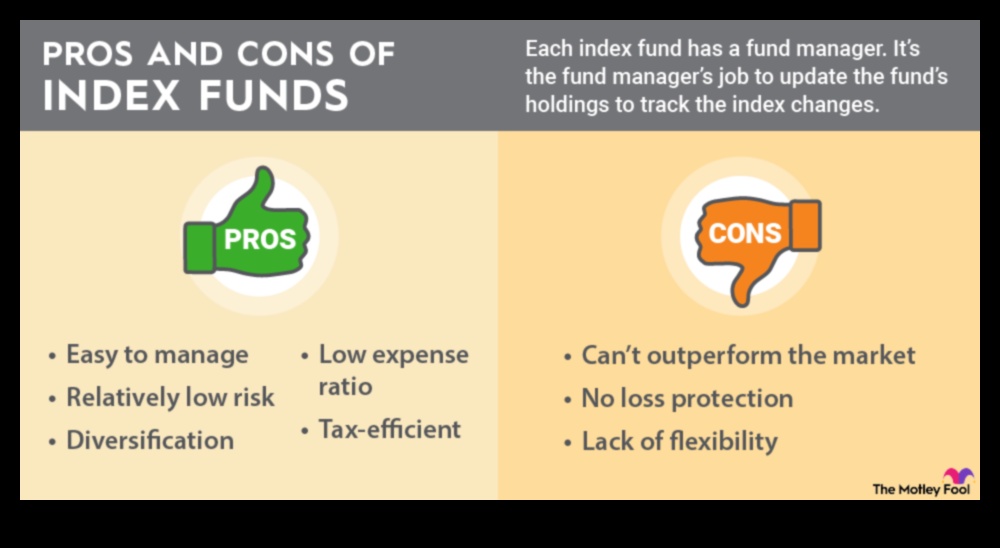
Introduction to Index Funds
An index fund is a type of mutual fund that tracks a particular index, such as the S&P 500 or the Nasdaq 100. This means that the fund’s performance is closely correlated to the performance of the index it tracks.
Index funds are typically very low-cost, and they offer investors a diversified way to invest in the stock market. They are also a good option for investors who are new to investing or who do not have a lot of time to research individual stocks.
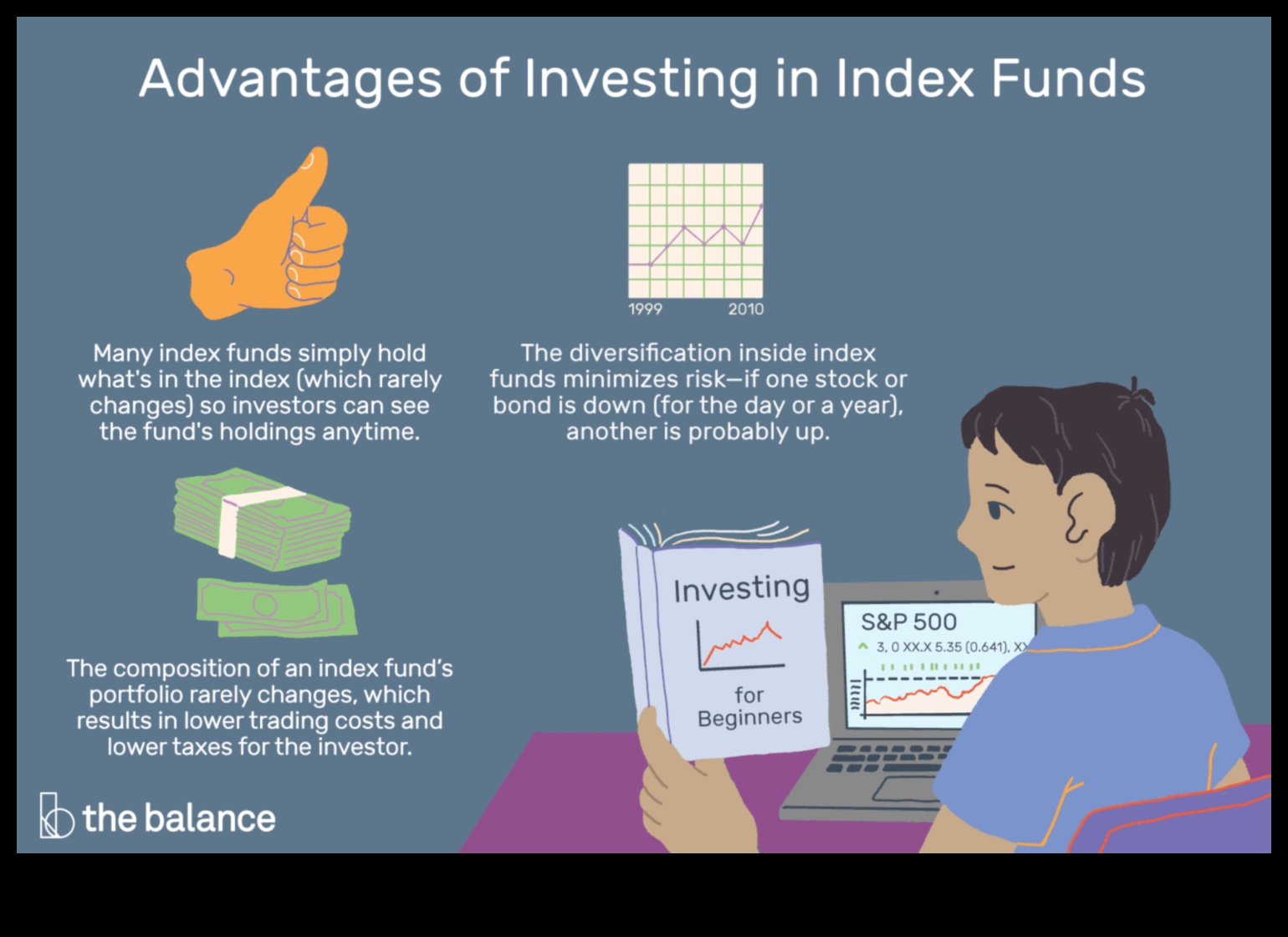
How Index Funds Work
Index funds work by investing in all of the stocks that are included in the index they track. This means that the fund’s performance will closely mirror the performance of the index.
For example, if the S&P 500 increases by 10%, then an S&P 500 index fund will also increase by approximately 10%. Conversely, if the S&P 500 decreases by 10%, then the index fund will also decrease by approximately 10%.
Benefits of Investing in Index Funds
There are a number of benefits to investing in index funds, including:
- Low cost
- Diversification
- Passive management
- Tax efficiency
Low cost
Index funds are typically very low-cost, which means that investors can keep more of their money invested. This is in contrast to actively managed funds, which typically have higher fees.
Diversification
Index funds are diversified by design, which means that they are less likely to lose money than individual stocks. This is because an index fund is invested in a wide range of stocks, so if one stock performs poorly, it will not have a significant impact on the overall performance of the fund.
Passive management
Index funds are passively managed, which means that they do not require a lot of active trading. This can save investors money on fees.
Tax efficiency
Index funds are tax-efficient, which means that they do not generate a lot of taxable capital gains. This is in contrast to actively managed funds, which can generate a lot of taxable capital gains.
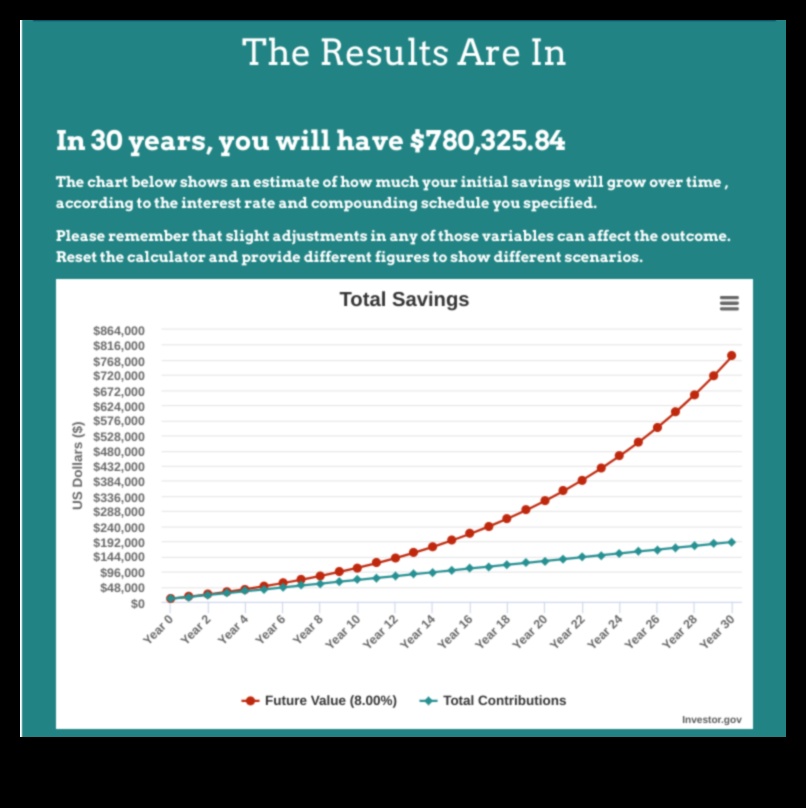
Risks of Investing in Index Funds
There are a few risks associated with investing in index funds, including:
- Market risk
- Currency risk
- Liquidity risk
Market risk
Index funds are subject to market risk, which means that their value can go up or down. This is because index funds are invested in the stock market, and the stock market can be volatile.
Currency risk
If you invest in an index fund that is denominated in a foreign currency, you are exposed to currency risk. This means that the value of your investment can go up or down if the value of the foreign currency changes.
Liquidity risk
Index funds can be illiquid, which means that it can be difficult to sell your shares quickly. This is because index funds are typically large and have a high trading volume.
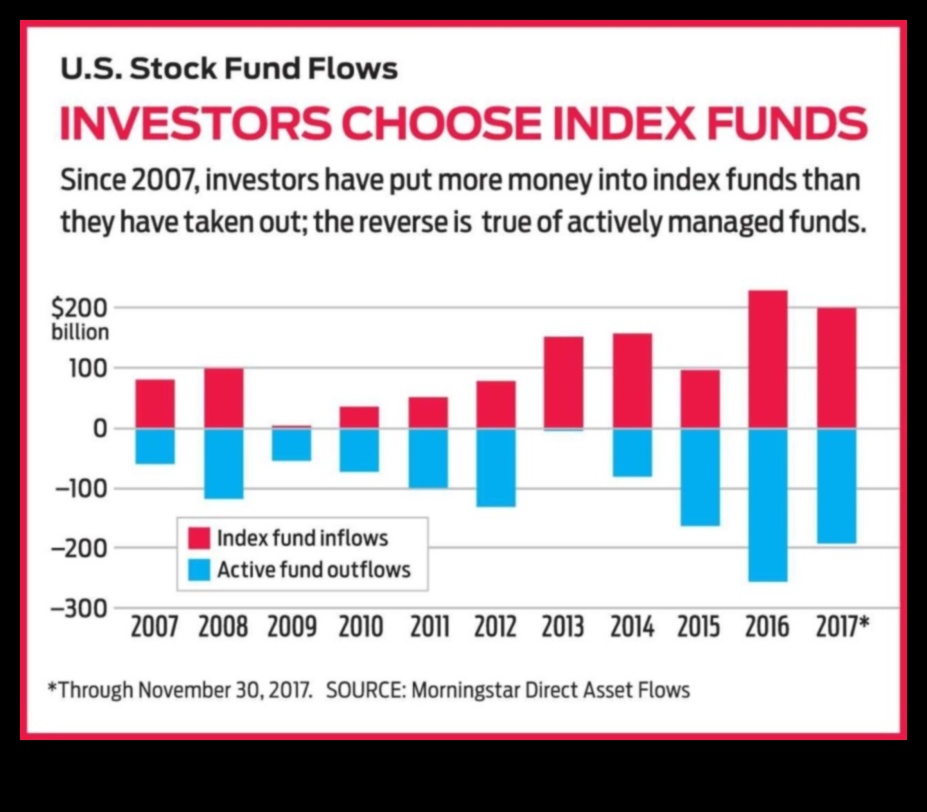
Types of Index Funds
There are a variety of different types of index funds, including:
- Domestic stock index funds
- International stock index funds
- Bond index funds
- Target-date funds
- Exchange-traded funds (ETFs)
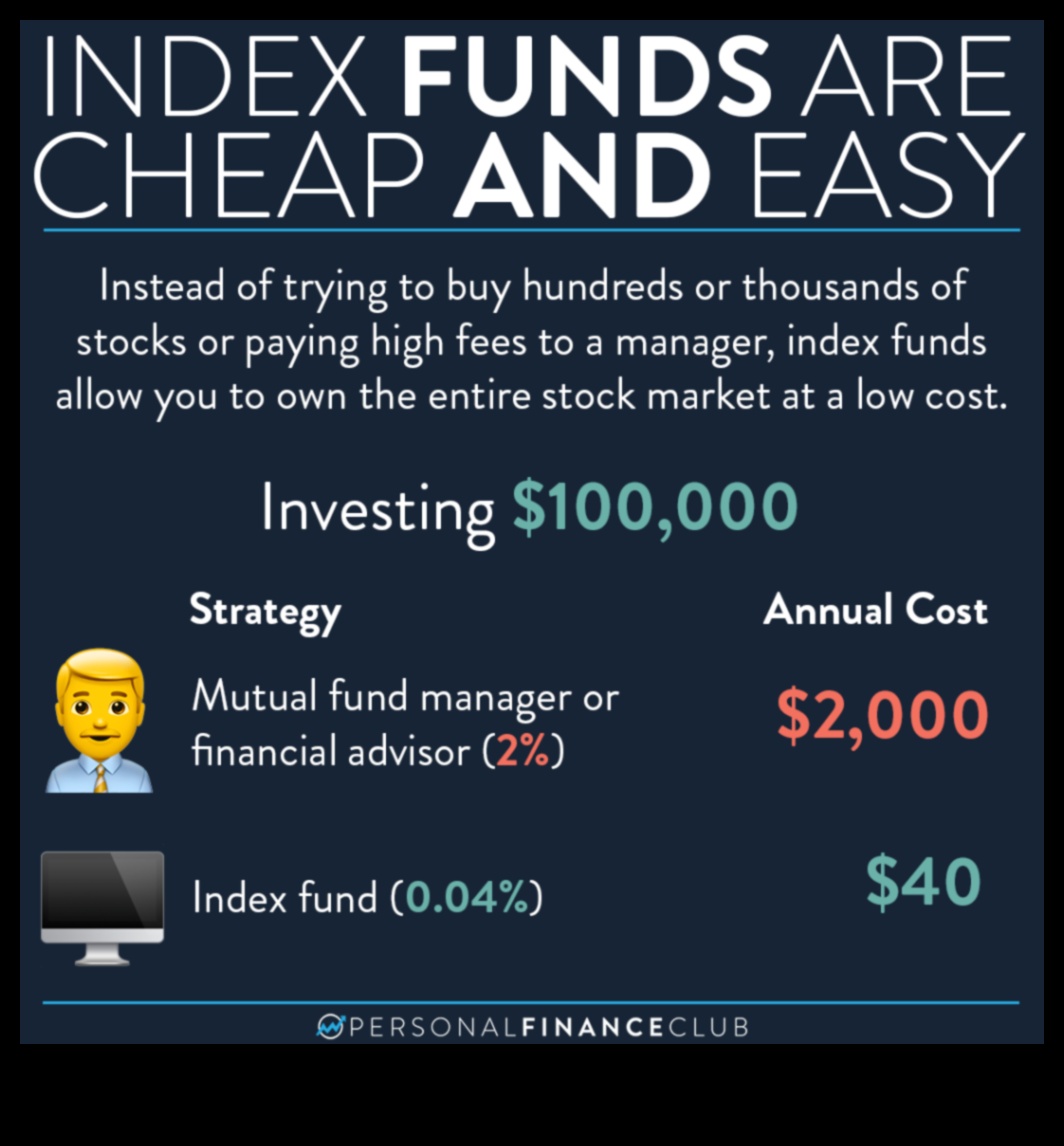
Choosing the Right Index Fund for You
There are a few factors to consider when choosing the right index fund for you, including:
- Your investment goals
- Your risk tolerance
- Your time horizon
-
Feature Index Fund Mutual Fund Investment objective Track a specific market index Provide a diversified portfolio of investments Management fees Typically lower than mutual funds Typically higher than index funds Tax efficiency Can be more tax-efficient than mutual funds Can be less tax-efficient than index funds Liquidity Can be traded on a stock exchange May not be as liquid as index funds Suitability Good for long-term investors who are looking for a low-cost, diversified investment Good for investors who want a diversified portfolio of investments, but may be willing to pay higher fees for more personalized advice 2. How Index Funds Work
Index funds are mutual funds that track a specific index, such as the S&P 500 or the Dow Jones Industrial Average. This means that the fund’s performance is closely correlated to the performance of the index it tracks.
Index funds are a popular investment choice for investors who are looking for a low-cost, diversified way to invest in the stock market. They are also a good choice for investors who are new to investing or who do not have a lot of time to manage their investments.
Index funds are typically less expensive than actively managed mutual funds, because they do not have the same level of fees and expenses. This can make them a more affordable option for investors who are on a budget.
Index funds are also more diversified than actively managed mutual funds, because they invest in a wider range of stocks. This can help to reduce the risk of your portfolio, and it can also help to improve your returns over time.
Overall, index funds are a good choice for investors who are looking for a low-cost, diversified way to invest in the stock market. They are also a good choice for investors who are new to investing or who do not have a lot of time to manage their investments.
3. Benefits of Investing in Index Funds
Index funds offer a number of benefits over other types of investments, including:
- Diversification: Index funds invest in a wide range of stocks, which helps to reduce risk.
- Low fees: Index funds typically have lower fees than actively managed funds.
- Passive management: Index funds are passively managed, which means that they do not require active trading. This can lead to lower costs and better performance.
- Transparency: Index funds are transparent, which means that investors can easily see what the fund is invested in.
These benefits make index funds a good choice for investors of all experience levels. If you are looking for a low-cost, diversified investment that you can hold for the long term, an index fund may be a good option for you.
4. Risks of Investing in Index Funds
Index funds are generally considered to be low-risk investments, but there are still some risks associated with them. These risks include:
Market risk: The value of an index fund can go down as well as up. This is because the fund is invested in a variety of stocks, which are subject to market fluctuations.
Interest rate risk: If interest rates rise, the value of bonds in an index fund will decline. This is because bonds are priced inversely to interest rates.
Currency risk: If the value of the U.S. dollar declines relative to other currencies, the value of an index fund that invests in foreign stocks will decline.
Political risk: Political instability can lead to a decline in the value of stocks in an index fund.
Liquidity risk: Index funds may not be as liquid as other investments, such as stocks or bonds. This means that it may be difficult to sell your shares in an index fund quickly if you need to.Overall, index funds are considered to be low-risk investments, but there are still some risks associated with them. It is important to be aware of these risks before investing in an index fund.
5. Types of Index Funds
There are many different types of index funds, each with its own unique characteristics. Some of the most common types of index funds include:
- Broad market index funds track a wide range of stocks, such as the S&P 500 or the Russell 2000. These funds are a good option for investors who want to diversify their portfolios and get exposure to a broad range of stocks.
- Sector index funds track a specific sector of the economy, such as the technology sector or the healthcare sector. These funds can be a good option for investors who want to focus their investments on a particular industry.
- Thematic index funds track a specific theme, such as clean energy or artificial intelligence. These funds can be a good option for investors who want to invest in companies that are at the forefront of a particular trend.
- International index funds track stocks from companies outside of the United States. These funds can be a good option for investors who want to diversify their portfolios and get exposure to international markets.
When choosing an index fund, it is important to consider your investment goals and risk tolerance. Broad market index funds are a good option for investors who want to diversify their portfolios and get exposure to a broad range of stocks. Sector index funds can be a good option for investors who want to focus their investments on a particular industry. Thematic index funds can be a good option for investors who want to invest in companies that are at the forefront of a particular trend. International index funds can be a good option for investors who want to diversify their portfolios and get exposure to international markets.
6. Choosing the Right Index Fund for You
There are many different index funds available, so it can be difficult to know which one is right for you. Here are a few factors to consider when choosing an index fund:
- Your investment goals
- Your risk tolerance
- Your time horizon
- Your investment budget
Once you have considered these factors, you can start to narrow down your choices. You can also compare different index funds using online tools and resources.
Here are a few tips for choosing the right index fund for you:
- Don’t be afraid to ask for help from a financial advisor.
- Do your research and make sure you understand the risks and rewards of investing in an index fund.
- Don’t chase performance. Just because an index fund has performed well in the past doesn’t mean it will continue to do so in the future.
By following these tips, you can increase your chances of choosing the right index fund for you.
How to Invest in Index Funds
Index funds are a great way to invest for the long term, but it’s important to know how to invest in them correctly. Here are a few tips:
- Choose the right index fund for your goals and risk tolerance. There are many different types of index funds available, so it’s important to do your research and choose one that’s right for you.
- Make sure you have a long-term investment horizon. Index funds are designed for the long term, so you shouldn’t expect to see big returns in the short term.
- Diversify your portfolio. Don’t put all of your eggs in one basket. By investing in a variety of index funds, you can help to reduce your risk.
- Reinvest your dividends. When you receive dividends from your index funds, reinvest them back into the fund. This will help you to compound your returns over time.
By following these tips, you can invest in index funds with confidence and set yourself up for long-term success.
The Performance of Index Funds
Index funds have historically outperformed actively managed funds over long periods of time. This is due to a number of factors, including the fact that index funds are less expensive than actively managed funds, and that they are not subject to the same behavioral biases that can lead actively managed funds to underperform.
A study by Vanguard found that, over the 30-year period from 1970 to 2000, the average actively managed stock fund underperformed the S&P 500 index by an annualized 1.5 percentage points. This means that an investor who invested $10,000 in an S&P 500 index fund would have ended up with $160,744, while an investor who invested the same amount in an average actively managed stock fund would have ended up with $144,696.
Another study by Morningstar found that, over the 15-year period from 1995 to 2010, only 27% of actively managed stock funds outperformed the S&P 500 index. This means that 73% of actively managed stock funds underperformed the market over this time period.
These studies show that index funds can be a more cost-effective and less risky way to invest than actively managed funds. If you are looking for a long-term investment, an index fund is a good option to consider.
Conclusion
Index funds are a great way for investors to diversify their portfolios and achieve long-term growth. They are low-cost, passively managed, and typically outperform actively managed funds over time. If you are looking for a simple and effective way to invest, an index fund is a great option.
10. FAQ
Q: What is an index fund?
A: An index fund is a mutual fund that tracks the performance of a specific index, such as the S&P 500 or the Dow Jones Industrial Average. Index funds are passively managed, which means that they do not try to outperform the market. Instead, they simply aim to match the performance of the index they are tracking.
Q: What are the benefits of investing in index funds?
A: There are many benefits to investing in index funds, including:
- Low cost
- Diversification
- Tax efficiency
- Liquidity
Q: What are the risks of investing in index funds?
A: There are some risks associated with investing in index funds, including:
- Market risk
- Currency risk
- Liquidity risk